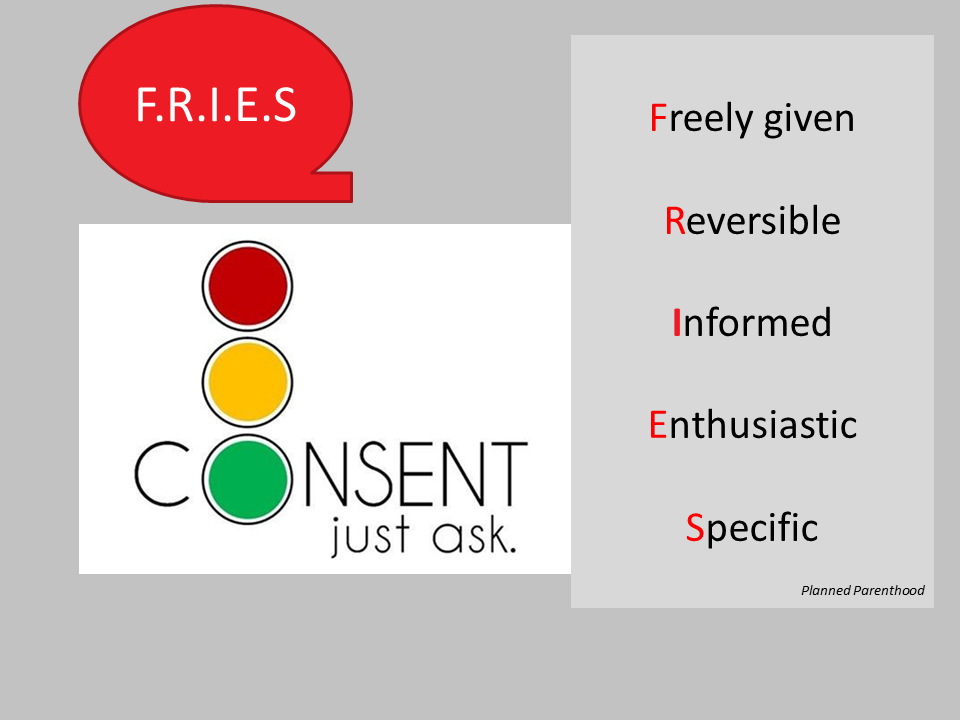Personal workplace relationship have always been a hot topic in any organisation and an equally hot potato for HR. I have been running workshops on sexism and harassment for organisations way before all of this became a hashtag thing and the question is always posed.
Many professionals today work very long hours. They tell me if they didn’t socialize with colleagues, they wouldn’t have any friends or even romantic partners. There is simply no time to develop relationships outside the office. Research suggests that as people get older the number of friends they have decreases. We see workplace loneliness is a growing phenomenon.
So the issue of personal workplace relationships is complex and has many nuances which need to be addressed rather than swept under the carpet. Which is what we tend to do!
Friendships
Studies show that 47% of workers enjoy the workplace because of relationships with their colleagues. This tends to work fine amongst peers, but can shift when careers advance at different rates, which introduces a power dynamic. The more senior person can be accused of playing favourites. Or more.
Arabella told me: “My husband and I were friends with his peer Javier and his family, who at the time was the Marketing Director of the company. The children were in school together. When Javier was promoted his wife told me she couldn’t see me anymore and returned all the toys and clothes I had given her kids. It felt very hurtful at the time and an exaggerated response. Some months later Javier fired my husband in a head count reduction. I guess they were just putting distance between us.”
If there is a gender difference bias becomes even more deeply embedded, especially if the man is more senior. This can be a source of gossip and speculation.
The office romance
The office romance is even trickier to navigate because it involves all sorts of more subtle boundaries. The University College London has just introduced a ban on intimate relationships between staff and students which have been regarded as some of the most stringent. They are setting the line clearly between discouraging romantic approaches and prohibiting them. The academic environment is not exactly the same as a corporate environment because the relationship between faculty and student is always power based. However there are some takeaways for other organisations.
UCL’s new personal relationships policy prohibits staff from having:
- “close personal and intimate relationships with students where there is direct supervision; and
- intimate relationships with staff or students who are under the age of 18 or adults who are “at risk”, for example someone who may need care because of a disability.
- An intimate relationship between a staff member and a student who they don’t directly supervise must still be declared by staff.
- Any breach of the policy will be investigated under the disciplinary procedure, which includes potential sanctions that range from a warning to dismissal.”
What they haven’t done is applied the same regulations to relationships between staff.
Consensual relationships
What about people not having time to explore a dating pool outside professional colleagues? I have known a number of people who met their future long-term partners in the office. But many newly enamoured couples do need to check out their company policy.
Many companies are starting to create policies around office romances which can create tension with those who work directly with the individuals involved, especially if things don’t go well. Having an office policy can help to outline how these situations will be handled before they occur. If there are problems or backlash then leaders will have to step in to avoid longer term issues. The CEO of McDonalds was fired for having a consensual relationship, because he contravened company protocol which prohibits intimate personal relationships. This came at a time when the company was the involved in class action for sexual harassment and pay discrimination.
F.R.I.E.S
I suggest the F.R.I.E.S. system as a good general guideline to give a framework to any workplace romance situation. I have adapted this from the Planned Parenthood philosophy. Although going on a date is not the same as sexual consent, the basic principles are helpful. Some organisations find this a bit tacky and “in your face” when I make input for any policy documents or handbooks, they frequently make a case for editing it out. My take: better to tackle an issue directly and risk making people feel a little uncomfortable, than to be a headline in a #MeToo law suit.
This is particularly important because the power dynamic also takes on a different note in this case as well if it is a senior person initiating a romantic approach with a more junior person. Generally the perceived wisdom is to avoid that regardless of company policy.
These are also gender neutral guidelines. Complaints from men around sexual harassment and inappropriate behaviour are on the increase as men are subject to unwelcome advances from both men and women.
What F.R.I.E.S. means
Here is an adapted version of the Planned Parenthood guidelines around consent to apply to personal workplace relationship:
- Freely given. Developing a personal relationship with someone is a decision that should be made without pressure, force, manipulation or under the influence of any substance. (this is sexual harassment.)
- Reversible. Anyone can change their mind about what they want to do, at any time, even if you have been on other dates or had previous encounters. If penalties of any kind are imposed, then this is also sexual harassment. This is the situation which causes the most difficulty when personal relationships in the workplace go sour and/or end.
- Informed. Be honest. Paul told me “Janine invited me to join a group of colleagues for a TGIF drink. When I arrived at the bar, no one else was there. I felt uncomfortable having a drink alone with her. I was afraid how it would be perceived and the gossip. I also wasn’t sure if she had tried to engineer a chance to be alone with me. It didn’t feel right.”
- Enthusiastic. If someone isn’t agreeable and needs any level of persuasion – let it go. The days of the “lady (or even man) doth protest too much” are gone.
- Specific. Agreeing to an after work drink or lunch isn’t the same as going to dinner or a night club.
Caveats
Some additional points to consider:
- If you are in a relationship with a co-worker regardless of the policy of your organisation you may want to consider declaring the relationship to your boss and colleagues if it becomes longer term.
- You should also factor in the professional implications of your relationship on the workplace if it’s serious. Personal workplace relationships present more complex challenges than straightforward private and social contact.
In the workplace the objectives are of the organisation are a top priority and this can interfere with personal needs. If you find yourself conflicted seek a coach or mentor for support.
If your organisation needs support sourcing and attracting top talent – get in touch NOW!






